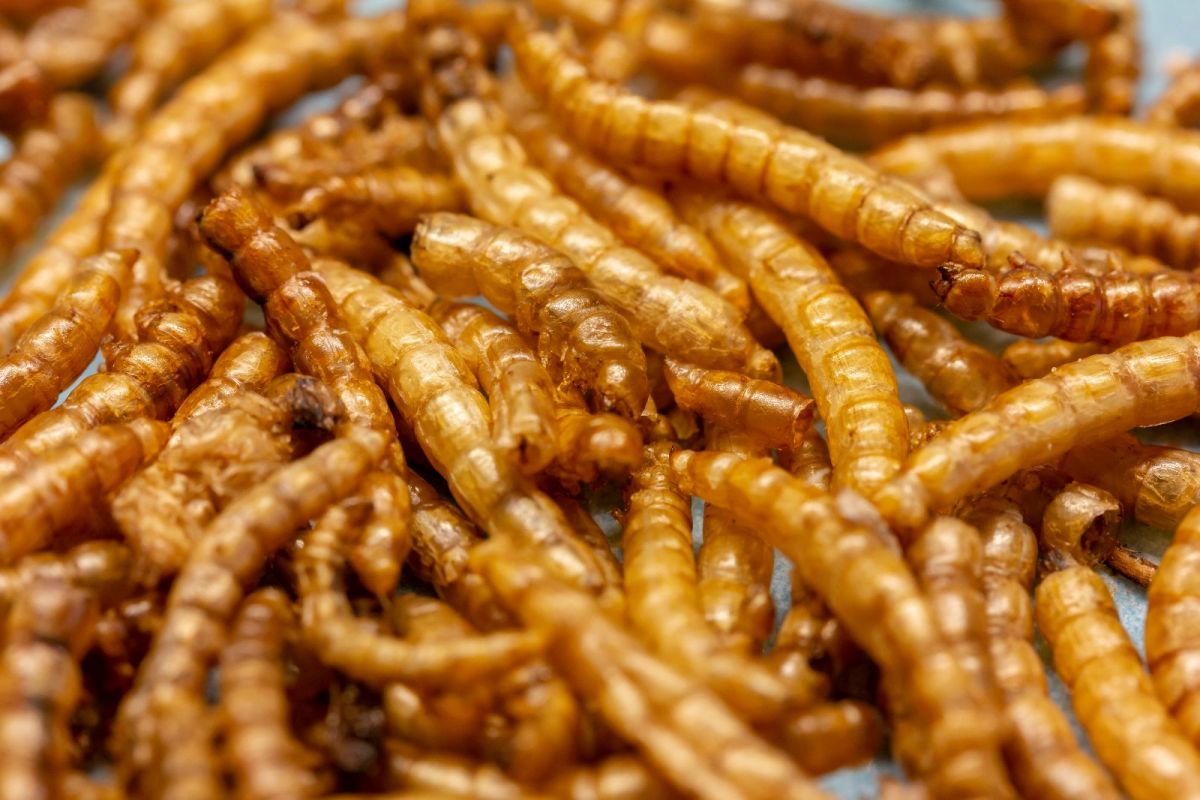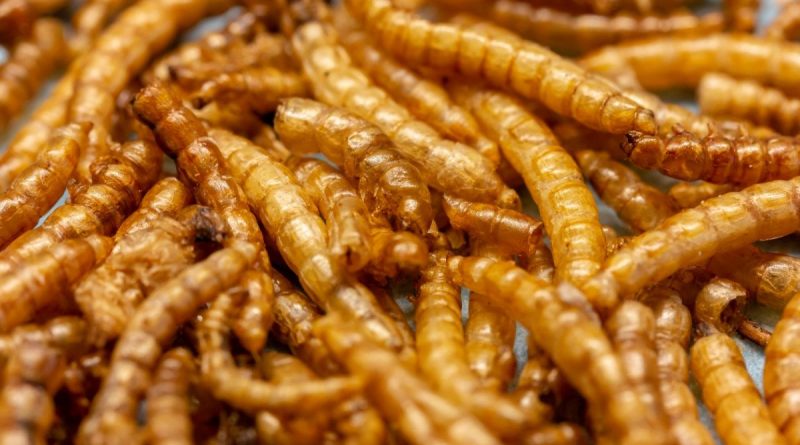Insect consuming market launched: mealworms will be sold in Europe | The State

He yellow mealworm (Tenebrio molitor) has considered safe for human consumption by the European Food Safety Agency (EFSA). Given this, it will soon be common to find in supermarkets throughout Europe a huge number of products such as sandwiches, shakes, cookies, pasta, and burgers facts of this worm.
The main components of the insect are protein, healthy fats and fiber. When dried, the dried mealworm has a flavor similar to peanuts.
Added to this revolution of alternative and plant-based meat options, there is also a section for insect-based food products, which according to Forbes, has been delayed due to the prohibition of the sale of insects as food in most of countries in the EU.
He consumption of insects (entomophagy) it is not something new in the diet of humans. They have been consumed mainly in Asia, Africa and Latin America. According to the Food and Agriculture Organization of the United Nations (FAO), worldwide more than 1,900 species of edible insects are consumed with the beetles, caterpillars and bees, wasps and ants among the favorites.
The insects can be roasted, fried, dried, and preserved. They are consumed whole or ground, in powder or paste form, to make flour and be incorporated into different preparations.
Giovanni Sogari, a researcher at the University of Parma, stated: “The so-called ‘Disgust factor’, which make the idea of eating insects repellent for many Europeans. With time and exposure such attitudes can change”.
In America, countries like Mexico consume insects since pre-Hispanic times. Among the most popular are escamoles, chicantana ants, grasshoppers and jumiles, whether in snacks, sauces, tamales, tacos, stews and other dishes.
According to The Guardian, the sale of the Insect-based products are prohibited in France, Germany, Italy and Spain, among other European countries. The companies that produce these foods have been pressing for the authorities to allow the consumption of these products in all European countries that are currently sold in supermarkets in the United Kingdom, Holland, Belgium, Denmark and Finland thanks to the fact that in these countries a permissive approach in the 1997 law.
What are the benefits of eating worms?
Insects are very nutritious, provide high-quality protein and nutrients compared to meat and fishsays FAO. Are rich in fiber and micronutrients such as copper, iron, magnesium, phosphorus, manganese, selenium, and zinc.
Most insects contain high amounts of fatty acids (comparable with fish) so they are also a food supplement for Malnourished children.
Are there health risks from consuming insects?
Can occur allergies comparable to crustacean allergies, which are also invertebrates.
As long as they are handled in hygienic conditions like any other food, there are no known cases of disease or parasitoid transmission to humans derived from the consumption of insects.
Compared to mammals and birds, insects can pose a lower risk of disease transmission from animals to humanssuch as H1N1 (bird flu) and BSE (mad cow disease).
Environmental advantages of consuming insects
The insects require less food, produce less waste and result in less greenhouse gas emissions when compared to traditional sources of animal protein such as livestock.
Insects use less and can convert 2 kg of food into 1 kg of insect mass; cattle require 8 kg of feed to produce 1 kg increase in body weight.
It may interest you:
.


